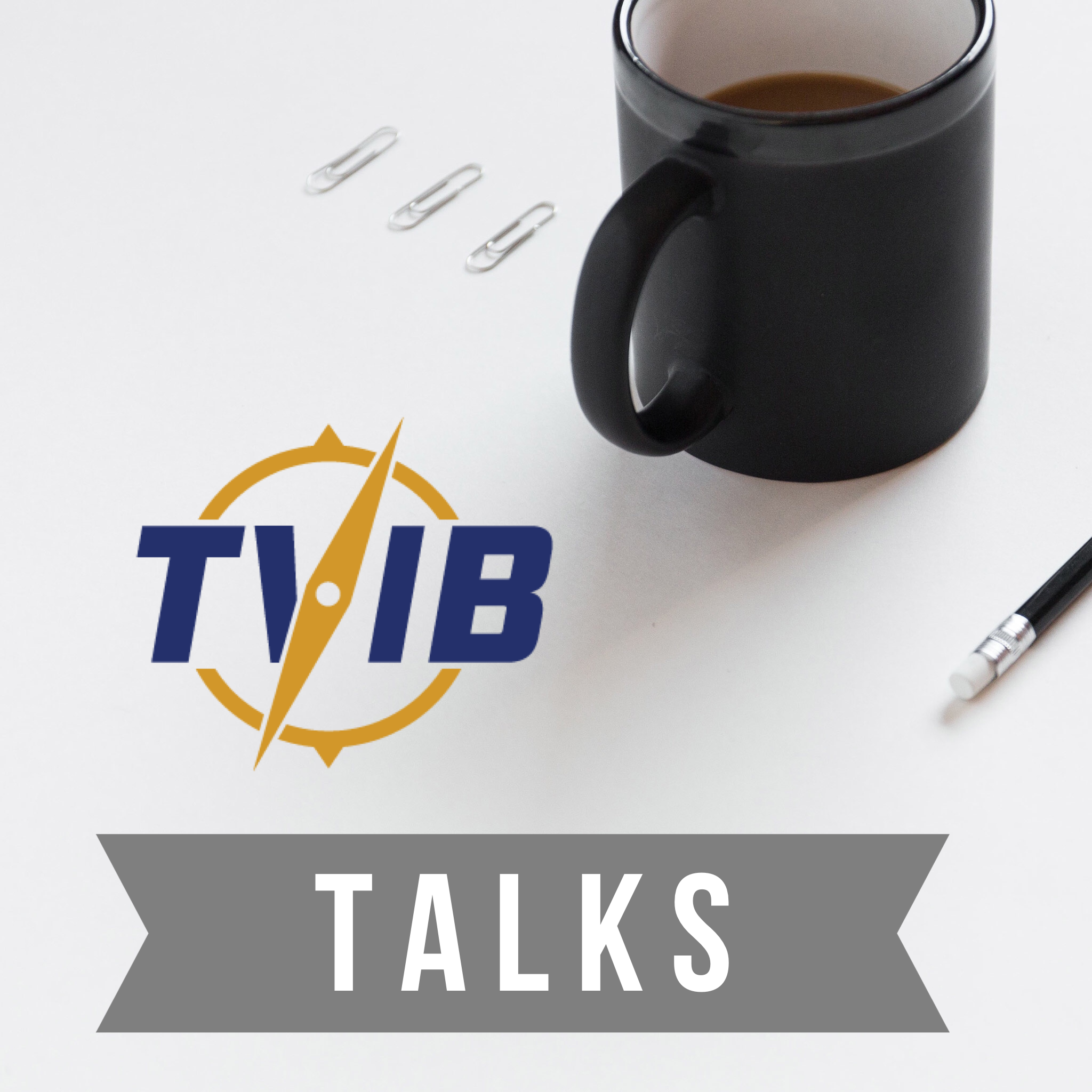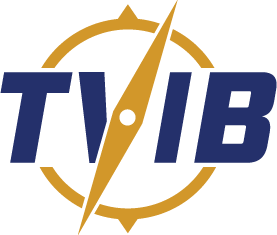Did you know the current supply chain disruption has made radars and radar parts difficult to obtain? So, what happens if you can’t get your radar repaired within 96-hours? Currently, radar units and radar parts are experiencing up to a 5-month back-order. This blog is being published to remind you of some regulation outside of Subchapter M that must be followed for navigational equipment.
Subchapter M brought about some new reporting requirements, but there are still plenty of pre-Subchapter M regulations that have reporting requirements for towing vessel related issues. Some of those notifications include marine casualties (46 CFR Part 4), vessel security (33 CFR Parts 101 and 104), and inoperable navigation safety equipment (33 CFR Part 164). The focus of this writing is on the requirement for reporting inoperable navigation safety equipment.
Subpart G (Navigation and Communication Equipment) of Subchapter M starts at 46 CFR 140.700. Within Subpart G you will find the equipment requirements for radar, VHF radio, fathometer, search light, electronic position-fixing device, and magnetic compass/swing meter. The same equipment is found under 33 CFR 164.72(a) along with some additional details (i.e., applicability and specifications).
So, what happens when one of these required items fails? This is where you turn your attention to 33 CFR 164.82, the requirements on maintenance, failure, and reporting. Let’s look a little further at each of these three aspects.
- Maintenance – This one is simple. If the vessel is required to carry the equipment, it must be maintained operable.
- Failure – If the equipment fails, it is to be repaired as early as practicable and an entry made in the vessel’s log. As the rule states, failure of the equipment does not constitute the vessel is unseaworthy or that the voyage must be halted. However, the master/operator must consider the failed equipment as part of the navigational assessment [see 46 CFR 140.635] and decide if it is safe for vessel to proceed.
- Reporting – If operating within a Vessel Traffic Service (VTS), the master/operator is to report the inoperable equipment condition to the VTS.
- Radars – There are special provisions for deviation from the radar requirement. If you experience a radar failure, and can’t achieve repairs within 96-hours, the owner/master/operator must notify the Captain of the Port (COTP) and seek both a deviation from the radar requirement and authorization for continued operation.
We suggest you share this information with your crews and remind them to review the applicable components within your Towing Safety Management System (TSMS) that may be related to navigational safety equipment and notifications.
This blog contains abbreviated descriptions of regulatory text. Please consult the cited regulations for full context. Regulatory text can be found at https://www.ecfr.gov/.

